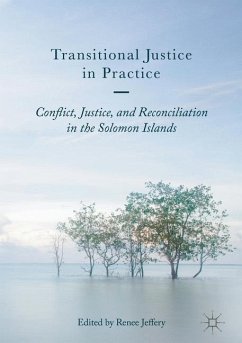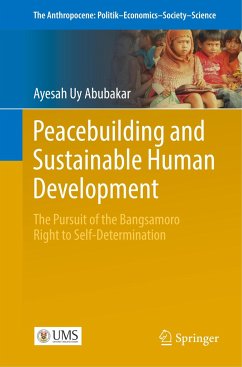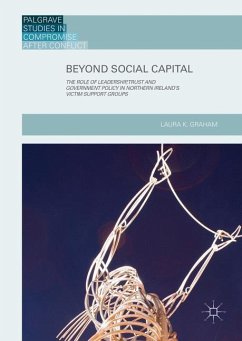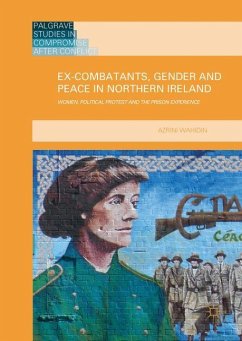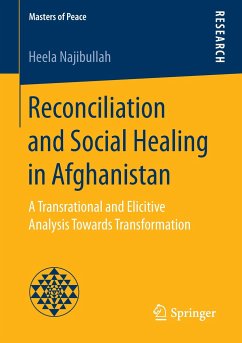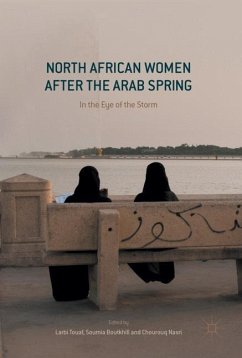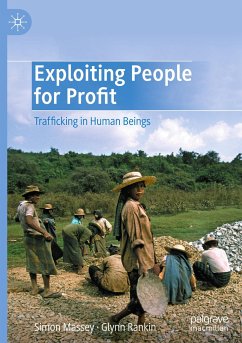
Reconciliation in Conflict-Affected Communities
Practices and Insights from the Asia-Pacific
Herausgegeben: Jenkins, Bert; Subedi, D. B.; Jenkins, Kathy

PAYBACK Punkte
49 °P sammeln!
This book focuses on the formal and informal reconciliation processes during conflict and post-conflict periods in various locations in the Asia-Pacific, and includes cases studies based on primary research conducted in countries such as Cambodia, Timor-Leste, Nepal, Sri Lanka, Pakistan, India, South Thailand, Bougainville and the Solomon Islands. It offers insights to further our understanding of the social and political processes of reconciliation in a region that has witnessed numerous armed conflicts, many of them perpetuating over generations. The book also draws lessons from the richness...
This book focuses on the formal and informal reconciliation processes during conflict and post-conflict periods in various locations in the Asia-Pacific, and includes cases studies based on primary research conducted in countries such as Cambodia, Timor-Leste, Nepal, Sri Lanka, Pakistan, India, South Thailand, Bougainville and the Solomon Islands. It offers insights to further our understanding of the social and political processes of reconciliation in a region that has witnessed numerous armed conflicts, many of them perpetuating over generations. The book also draws lessons from the richness arising from diversity in terms of religious and cultural practices, social life, and forms of government and governance, and through the exploration of theories and practices of reconciliation in conflict and post-conflict contexts in the region. It provides useful reference material for researchers, academics, policy makers and students working in the areas of peacebuilding, conflict transformation, reconciliation, social cohesion, development, transitional justice and human rights in the Asia and Pacific region.



